Turmeric’s Health Benefits
Turmeric, the well-known and cherished spice from India, used traditionally as an anti-inflammatory and a relief for stomach irritation, has come a long way! Research has discovered turmeric’s health benefits reach far and wide. Curcumin, the active ingredient in turmeric responsible for its anti-inflammatory effects, can also facilitate the healing of:
- Wounds (external)
- Sprains
- Digestive distress
- Rheumatism
- Coughs
- Colds
- Burns
- Edema
- Parasites
- The liver
- An antioxidant
- An anti-fungal
- Anti-bacterial
- Anti-viral
More of Turmeric’s Health Benefits
This brings us to turmeric’s other medicinal uses and the research surrounding it.
The Curcumin in turmeric is:
Turmeric’s health benefits stemming from its Curcumin component include anti-cancer properties related to its high level of antioxidants. These antioxidants lend to Curcumin’s ability to eliminate free radicals and heal the damage they leave behind.
Turmeric’s health benefits are apparent from its rating of 8 out of 326 foods on the antioxidant capacity ORAC scale (oxygen radical absorbance capacity) and its score of 127,068. The ORAC score measures the antioxidant capacity of foods and supplements and was developed by scientists at the National Institutes of Health. Foods and supplements ranking higher on the ORAC scale are believed to neutralize free radicals more effectively. The free-radical theory of aging tells us antioxidants slow down oxidation and the free radical damage that contributes to aging and disease, including cancer.
Free radicals and inflammation are the two main culprits behind the vast majority of sickness that ails us today.
The consequences of this?
- Cancer (cell growth)
- Skin cancer/conditions of the skin
- Arthritis
- Alzheimer’s disease
- Digestive system disorders
- Lung disease
- Bacteria, viruses, fungi, and parasites
- Heart disease
- Liver damage
Can spices heal, cure, and offer relief for these health consequences? How about part of a spice, a single component? The research shows turmeric’s health benefits from Curcumin can do all of these things.
A Look at Heart Disease
Curcumin raises HDL (“good”) cholesterol levels, even as it reduces LDL (“bad”) levels. In a small study of human volunteers, researchers reported a highly significant (29%), increase in HDL among subjects who consumed one-half gram (500 mg) of Curcumin per day for seven days. Subjects also experienced a decrease in total serum cholesterol of more than 11%, and a decrease in serum lipid peroxides of 33%. Further human studies are needed, but these preliminary findings are promising.
Liver Damage
The liver is an organ which you could call a multi-tasker as it has multiple functions.
As these functions are all crucial to good health it is imperative we protect our liver from damage. NF-kB, a molecule which creates inflammation and is responsible for killing tissues, including tissues in the liver, may be blocked by Curcumin.
A good example of this scenario comes from an animal study conducted by Finland researchers. The study looked at how administering excessive alcohol and Curcumin at the same time affected inflammation and tissue damage in the liver. Their results showed the animals were free of any of the signs and symptoms usually associated with liver damage and alcoholism.NF-kB, a molecule which creates inflammation and is responsible for killing tissues, including tissues in the liver, may be blocked by Curcumin.
These two examples, merely a small representation of turmeric’s health benefits, are about as endless as the illnesses that plague us.
References
“ORACValues.” Accessed March 14, 2012. http://www.oracvalues.com/sort/orac-value
Soni, KB, and R. Kuttan. “Effect of Oral Curcumin Administration on Serum Peroxides and Cholesterol Levels in Human Volunteers.” Indian Journal of Physiology and Pharmacology 36.4 (1992): 272-75. Effect of Oral Curcumin Administration on Serum Peroxides and Cholesterol Levels in Human… Web. 27 Apr. 2012. <http://ukpmc.ac.uk/abstract/MED/1291482>.
Nanji, A., K. Jokelainen, G. Tipoe, A. Rahemtulla, P. Thomas, and A. Dannenberg. “American Physiological SocietyAJP – Gastrointestinal and Liver Physiology.” The American Journal of Physiology (2002). Curcumin Prevents Alcohol-induced Liver Disease in Rats by Inhibiting the Expression of NF-κB-dependent Genes. Web. 27 Apr. 2012. <http://ajpgi.physiology.org/content/284/2/G321.short>.



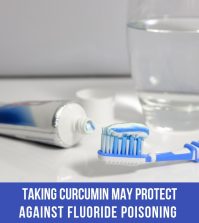
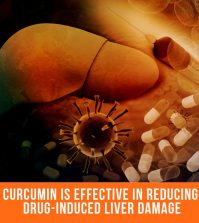
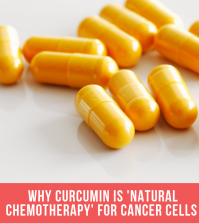
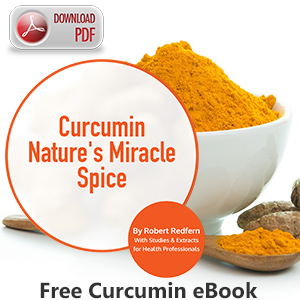


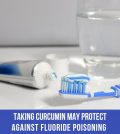
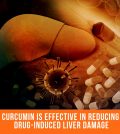
Pingback: Curcumin and Turmeric | CurcuminHealth.Info